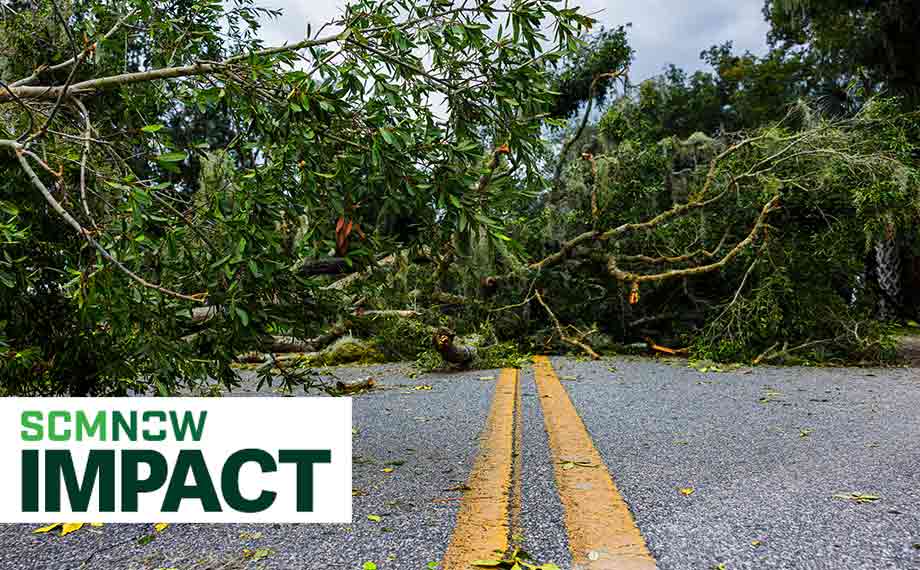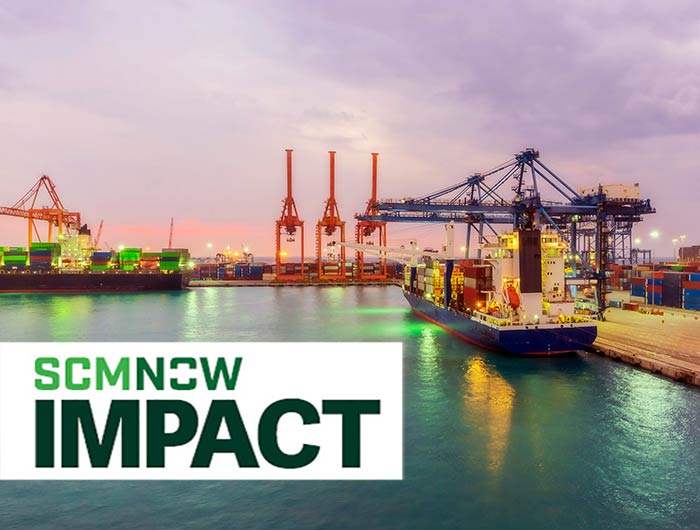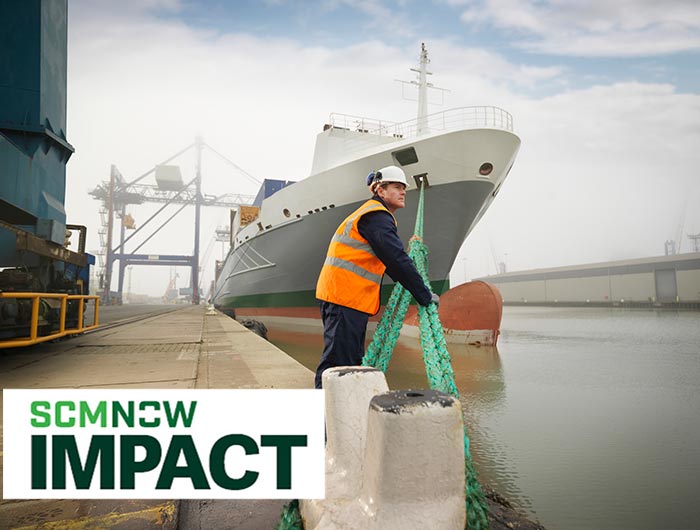Here in the United States, we’ve come to expect hurricanes to arrive in the late summer and early fall. Unfortunately, they’ve only been getting worse, and their damage is not only devastating because of the loss of human life, but also the catastrophic effects to local property and the broader economy.
Last week, Hurricane Helene made landfall in Florida as a Category 4 storm, with winds of more than 100 miles per hour. The storm continued through the Southeast into western North Carolina, killing more than 200 people (at the time of this writing) and bringing torrential floods and cataclysmic damage. The severity of the storm caught these communities off guard, and countless people are still struggling to access food, water and electricity, CNN reports.
Human life has also been indirectly affected, as the hurricane severely disrupted the supply chain for medical devices. “Baxter International, a health care and medical technology company, announced this week that it must close its largest plant in North Carolina due to flooding and destruction,” reports ABC News. The plant, located 60 miles out of Asheville, “primarily manufactures IV fluids and peritoneal dialysis solutions” and employs more than 2,500 people. Baxter leaders say they implemented their hurricane preparedness plan, evacuating workers and moving vulnerable products. However, “heavy rainfall and storm surges triggered a levee breach, which led to flooding in the facility,” ABC News continues.
Baxter partners have yet to experience a disruption to their supply chains, but that will quickly change if the facility remains closed for several weeks. In response, supply chain professionals are conserving materials — which are primarily used by cardiac, kidney and urologic patients — as much as possible. Unfortunately, because the area of the country affected by Helene is so large, it will be difficult for hospitals and other facilities to send patients in need of missing supplies to other medical centers.
And it’s not just medical devices that are under water. “Downpours at Spruce Pine, North Carolina, have taken offline the biggest known deposit of high-purity quartz, leaving the global tech supply chain potentially starved of an ingredient vital for making microchips,” Wired reports. Microchip shortages have already been a problem, and Spruce Pine produces about 70% of naturally occurring high-purity quartz. Experts say it’s possible that the stockpiling and contingency work manufacturers do in preparation for unforeseen disasters will delay any huge impact, especially if conditions improve sooner rather than later. If not, they may need to resort to lower-quality synthetics.
Meanwhile, the dockworker strike on the East and Gulf Coasts has thankfully been suspended, after the Biden Administration pressed both sides to reach a deal. “Employers, represented by the United States Maritime Alliance, have offered to increase wages by 62% over the course of a new six-year contract. ... That increase is lower than what the union had initially asked for, but much higher than the alliance’s earlier offer,” The New York Times reports. “The union said [its] 45,000 members would go back to work, with the current contract extended until January 15.”
Collaboration is key
These cascading effects continue to challenge supply chains, which have already been hit hard this year by an attack in the Red Sea, extensive drought in the Panama Canal, the tragic bridge collapse in Baltimore, the Canadian rail strike, unprecedented cybersecurity threats, food inflation — the list goes on. As our supply chain community continues to work out ongoing complexities, ASCM experts are here to help. First, we’ve just hosted a LinkedIn Live with veteran customs broker Robert Stein and ASCM Executive Vice President Douglas Kent. They offered critical insights to help you prepare for the next disruption.
Second, ASCM knows it’s crucial for supply chain organizations to work together.
Stay informed and prepare for what’s next on our social channels, including LinkedIn, X, Facebook and Instagram, where you can share thoughts, experiences and questions. It’s abundantly clear that disruptions will keep coming. We must support each other to ensure our global supply chains continue to function and thrive.



